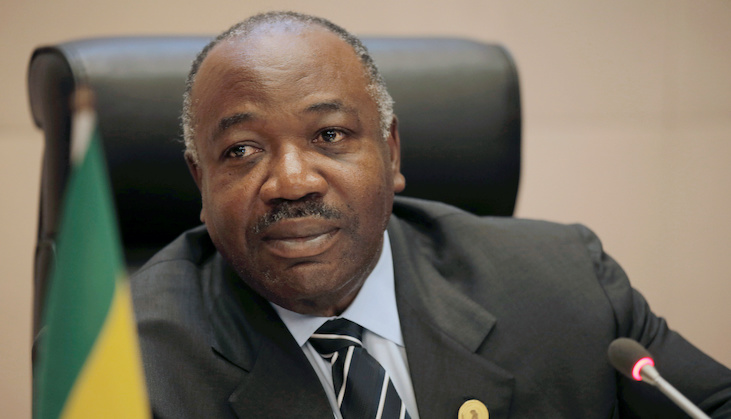The government of Gabon, a West African nation, announced on Tuesday that presidential, legislative, and local elections will be held in August.
The Council of Ministers released a decree detailing the “convening of the electoral college for the election of the President of the Republic” along with members of the national assembly and municipal councils, on Saturday, August 26.
Incumbent President Ali Bongo Ondimba has yet to confirm his participation in the elections, although it is widely speculated that he will seek re-election.
His influential Gabonese Democratic Party (PDG), which holds substantial majorities in both houses of parliament, has been encouraging the president to declare his intent to run again.
In 2009, Bongo, now 64 years old, succeeded his father Omar Bongo Ondimba, who had led the oil-rich nation for 41 years. Bongo was re-elected in 2016 by a narrow margin of just 5,500 votes over rival Jean Ping, who alleged electoral fraud.
Bongo’s health has been a topic of concern among the opposition after he suffered a stroke in 2018 and spent several months in recovery. This led to questions about his capacity to govern the nation.
The Bongo family’s 55-year rule has led to the opposition dubbing it a “dynastic power”. Despite this, the opposition has not been able to unite behind a single presidential candidate, with approximately 15 candidates announcing their intention to run.
In April, the Gabonese parliament voted to amend the Constitution to reduce the presidential term from seven to five years. Certain segments of the opposition criticised these changes, particularly the elimination of two rounds of voting, viewing it as a strategy to “facilitate the re-election” of Bongo.
The amendments align all mandates at five years and revert all elections to single-round ballots, a shift from the last constitutional changes in 2018 that had established two rounds of voting.
Image Credit: REUTERS/Tiksa Negeri





